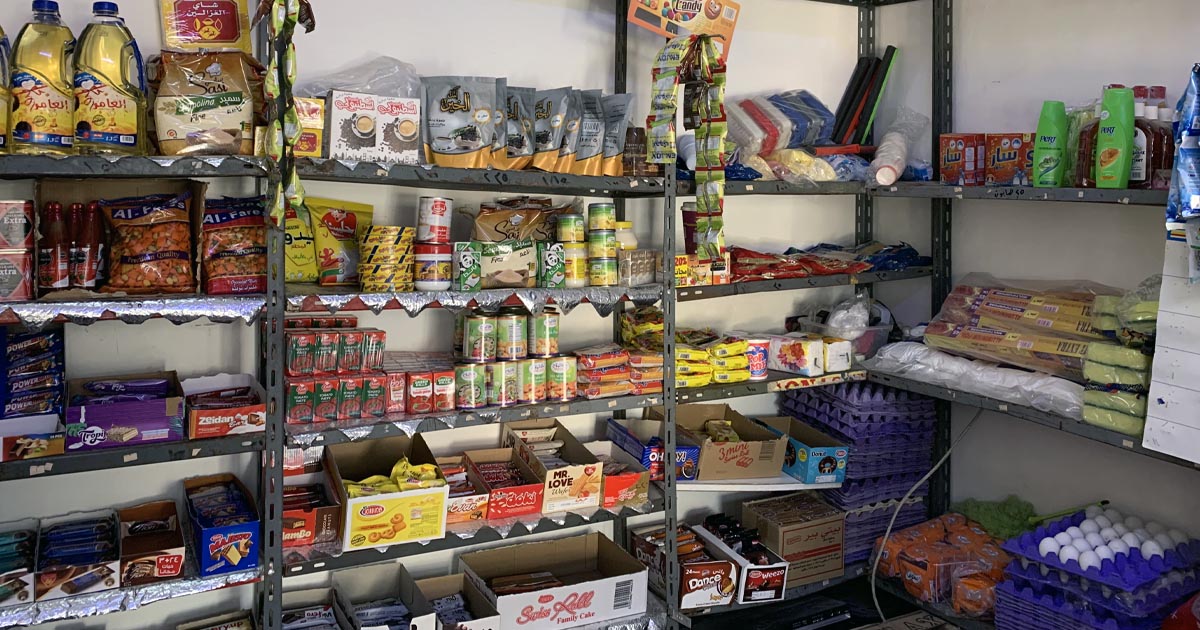Impacts on Household Consumption for Cohort 1 of the Refugee Livelihoods Development Impact Bond
Download
Associated Project
Evaluation of the Refugee Livelihoods Development Impact Bond in Jordan
Prepared for:
IKEA Foundation
Clients

Key Findings
- Participants in the small business training program, about two-thirds of whom received grants, reported an additional 674 Jordanian dinars ($950) in household income per year, on average, primarily from increased business income.
- Participants also benefitted from an additional 636 JOD ($897) in the value of average annual household consumption. Impacts were primarily driven by greater food consumption and expenditures on other goods and services.
The IKEA Foundation has contracted with Mathematica to conduct an independent evaluation of the program funded by the DIB. Mathematica’s evaluation seeks to both measure the metrics to determine payments to investors and generate broader learning about the program’s impacts on participants' economic and social wellbeing, to support future adaptation and scale-up.
This brief provides rigorous evidence of the impacts of the program by comparing Cohort 1 participants, who completed the program approximately two years before, to a matched group of Cohort 3 participants who recently started training. It summarizes program effects on households’ economic well-being, including their consumption of food, housing, other goods and services, and their income, debt, and savings.
Efficiency Meets Impact.
That's Progress Together.
To solve their most pressing challenges, organizations turn to Mathematica for deeply integrated expertise. We bring together subject matter and policy experts, data scientists, methodologists, and technologists who work across topics and sectors to help our partners design, improve, and scale evidence-based solutions.
Work With Us
